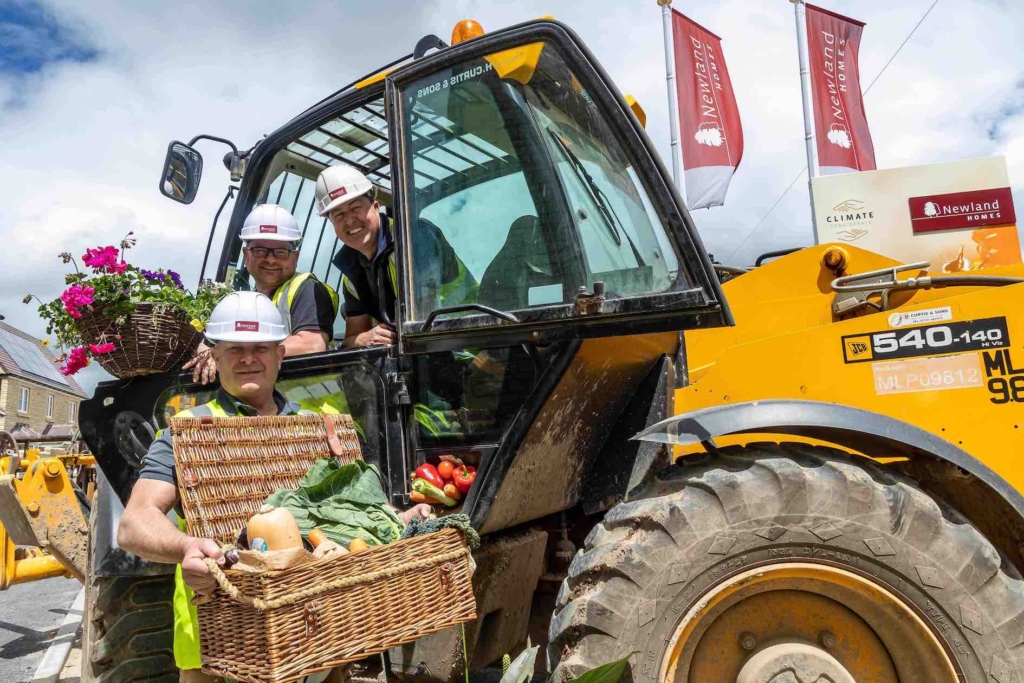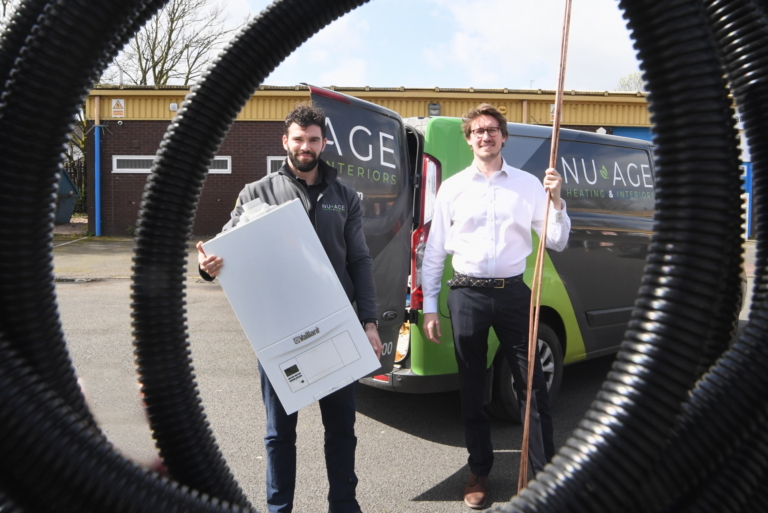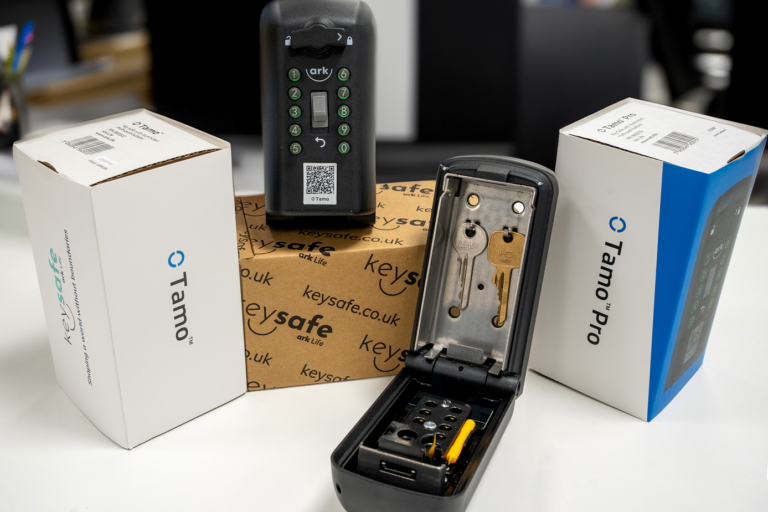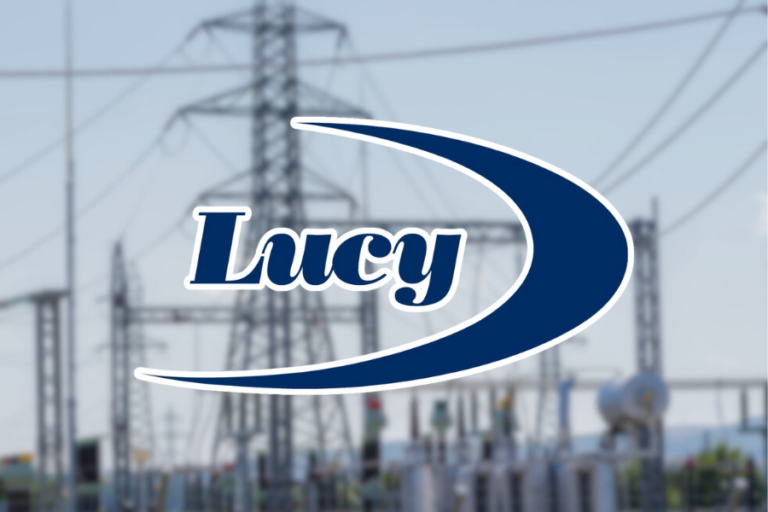Construction company powered by vegetable oil

Gloucestershire housebuilder Newland Homes, has announced a groundbreaking achievement in its commitment to sustainability: a substantial 49.21 per cent reduction in operational carbon emissions over the course of a single year.
Newland Homes’ energy use and greenhouse gas emissions decreased from 475.70 tonnes of CO2 in 2022 to 241.59 tonnes in 2023, the equivalent of 1,801 one-way flights between London and Edinburgh.
The construction company has rolled out a series of measures to minimise the company’s carbon footprint across its operations. The greatest savings have been achieved by switching all site machinery to Hydrotreated Vegetable Oil (HVO) and phasing out the use of diesel. HVO is a 100 per cent renewable and sustainable biofuel derived from waste vegetable oils and fats. It produces fewer particulates than fossil diesel, so is better for the environment and local air quality.
Around 80 per cent of Newland Homes’ car fleet is now fully electric, and fossil fuel heating in the company’s zero carbon homes has been replaced with renewable energy sources, such as air source heat pumps and solar panels with battery storage, enabling the phase-out of gas. Further initiatives are in the pipeline to progressively reduce the company’s carbon footprint in coming years.
Tim Sergeant, Corporate Services Director for Newland Homes, said: “As a private company deeply committed to environmental stewardship, we recognise that reducing carbon emissions isn’t just a responsibility, it’s an imperative. Every tonne of CO2 we emit contributes to the global climate crisis. By actively taking measures to reduce our carbon footprint we set a positive example for our industry and inspire others to join us in building a greener, more resilient future for all.”
Newland Homes’ sustainability initiatives also yield benefits for its customers. The company’s innovative zero carbon homes emit no net carbon in use, compared to the average UK home which emits 3.6 tonnes of CO2 per annum (according to the HBF Watt a Save report 2023). Therefore, the company has not only reduced its environmental footprint, but those of its homeowners too.
The Gloucestershire-based company has approximately 200 zero carbon homes underway or in the pipeline across the South West, including affordable properties for those most at risk of fuel poverty.
Newland Homes is a certified Carbon Neutral business as recognised by Carbon Neutral Britain. The company’s carbon emissions have been retrospectively offset through Carbon Neutral Britain’s Woodland and Climate Funds. However, the company does not wish to rely on carbon offsetting and will continue reducing its operational carbon emissions.
Tim added: “We have addressed our main contributors to carbon emissions by switching to HVO and electric vehicles and will continue to seek new ways to reduce this further. We accept that it will be more challenging to sustain the rate of carbon reduction that we have achieved in 2023, but we will seek out new initiatives to keep up the momentum.”
The carbon footprint has been calculated using the Streamlined Energy and Carbon Reporting (SECR) framework, designed to increase awareness of energy costs within organisations, provide them with data to inform adoption of energy efficient measures, and to help them to reduce their impact on climate change. It is now a legal requirement for companies to report on emissions.














